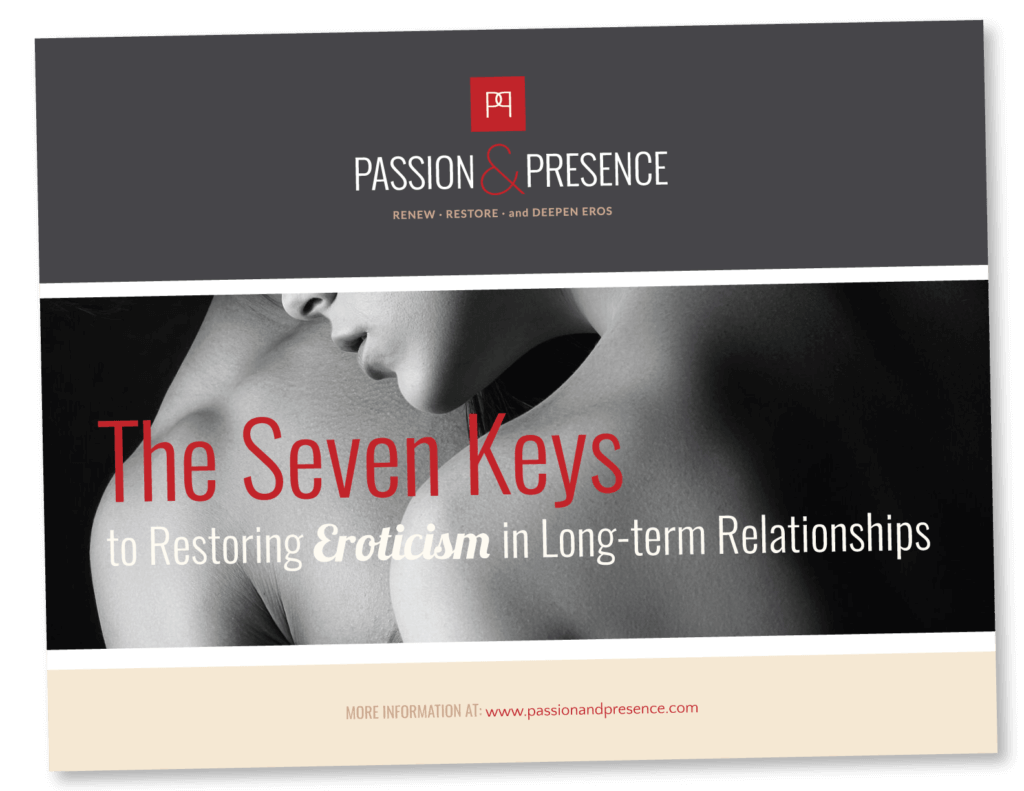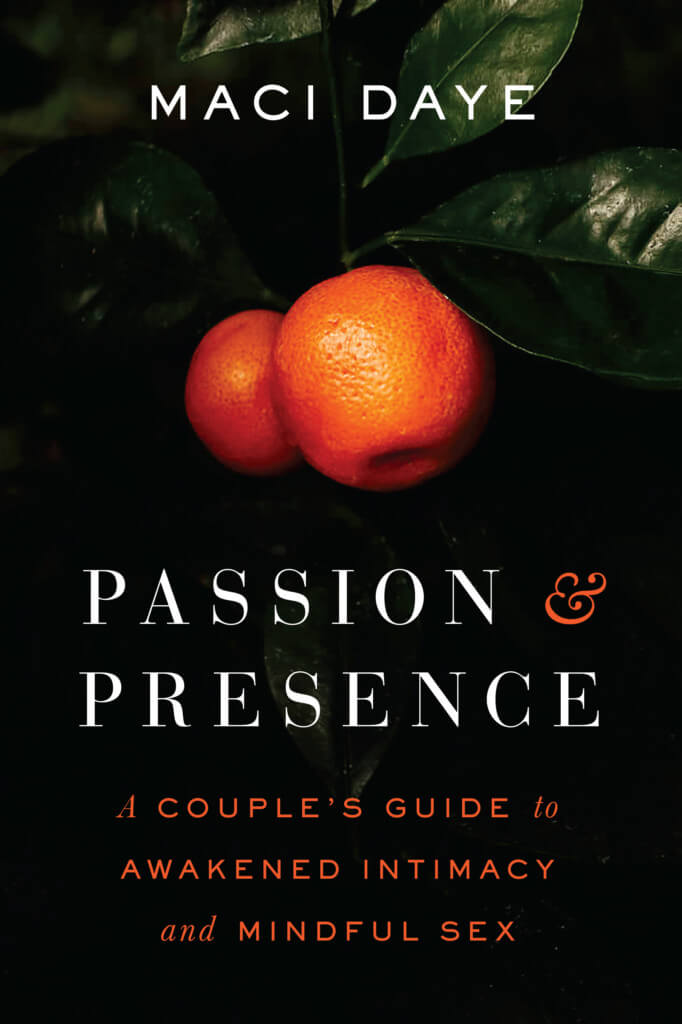In our daily lives, it’s common to feel that we know ourselves, our partners, and our intimate experiences well. We operate under a sense of certainty, building beliefs around what’s possible or impossible in our relationships. Over time, we can become entrenched in the idea that things are fixed. But what if we consciously let go of these preconceptions? What if we shift from a mindset of “I know” to one of “I don’t know”?
This shift—replacing certainty with openness—invites us into a state of fluidity. Here, we trade our fixed, limited perspectives for ones that allow more room for novelty, curiosity, and exploration. This doesn’t just open our minds; it also opens up new dimensions in our relationships, especially our intimate lives. By embracing this “Anything is Possible” mindset, we begin to unlock our Pure Erotic Potential (PEP), a state where intimacy becomes a boundless space for creativity and discovery.
Releasing Certainty in Favor of Possibility
Imagine this: you hold certain beliefs about yourself and your partner’s sexual desires, about what they like or dislike, what turns them on or off and what is likely to happen when you make love. These beliefs can easily become filters through which we interpret every experience, often limiting our pleasure and spontaneity.
How do these beliefs impact your openness to engage intimately? Try this thought experiment now. Notice what happens when you try on these beliefs:
- “I’ll be disappointed again.”
- “I won’t get it right.”
- “I won’t get aroused.”
- “I’ll be criticized.”
- “I’ll get triggered.”
These assumptions can lead us to close off, protecting ourselves from what we perceive as inevitable. But this protection limits the experience—shielding ourselves in this way only keeps us within the bounds of what we think we already know, rather than exploring new potential. The path to richer intimacy lies in questioning these beliefs, not reinforcing them.
The Power of Perception: How Our Beliefs Shape Our Reality
Our beliefs are like perceptual filters that color how we interpret and respond to the world. As couples work to reconnect or enhance their intimacy, they bring with them deeply rooted beliefs about themselves, their partners, and their relationship. This is a bit like living in a personalized virtual reality—an idea summed up beautifully by Anaïs Nin: “We don’t see things as they are; we see things as we are.”
In this light, our erotic potential often feels limited by how we view ourselves and our partners. If we hold onto feelings of insecurity or fear, the world (and our partner) may seem unpredictable or even threatening. We may avoid opening ourselves up, especially in vulnerable spaces like intimacy. The effect? We fail to gather new, positive experiences to counter these beliefs, which reinforces a cycle of avoidance.
Awakened Intimacy: Catching and Releasing Negative Expectations
Awakened intimacy requires a deliberate choice to release our fixed filters and to challenge the beliefs that limit our full erotic potential. This process isn’t passive—it demands that we actively cultivate awareness, recognizing when and how our assumptions hold us back.
Consider a simple but powerful practice: for the next two weeks, observe your thoughts before and during intimate moments. What assumptions do you bring into these experiences? As you catch yourself falling into old beliefs, challenge them by saying, “I don’t know. Anything is possible.” Notice whether this shift opens new impulses, greater receptivity, or a deeper presence in the moment. This approach transforms our experiences; it’s often our state of mind that shapes what we can embrace, feel, and express. By letting go of “I know,” we make room for surprises, enhancing the authenticity of each encounter.
Embracing the Present Moment: The Key to Creativity and Connection
At the heart of this perceptual shift lies mindfulness—releasing preconceived ideas to make way for openness. When we approach intimacy with curiosity, we’re inviting new sensations, experiences, and connections. By making space for the unknown, our intimate lives become less mechanical, less predictable, and far more fulfilling.
As we continue to practice, we find that we do have some control over our experiences. It’s in letting go of control that we rediscover the beauty of spontaneous, heartfelt connection.













